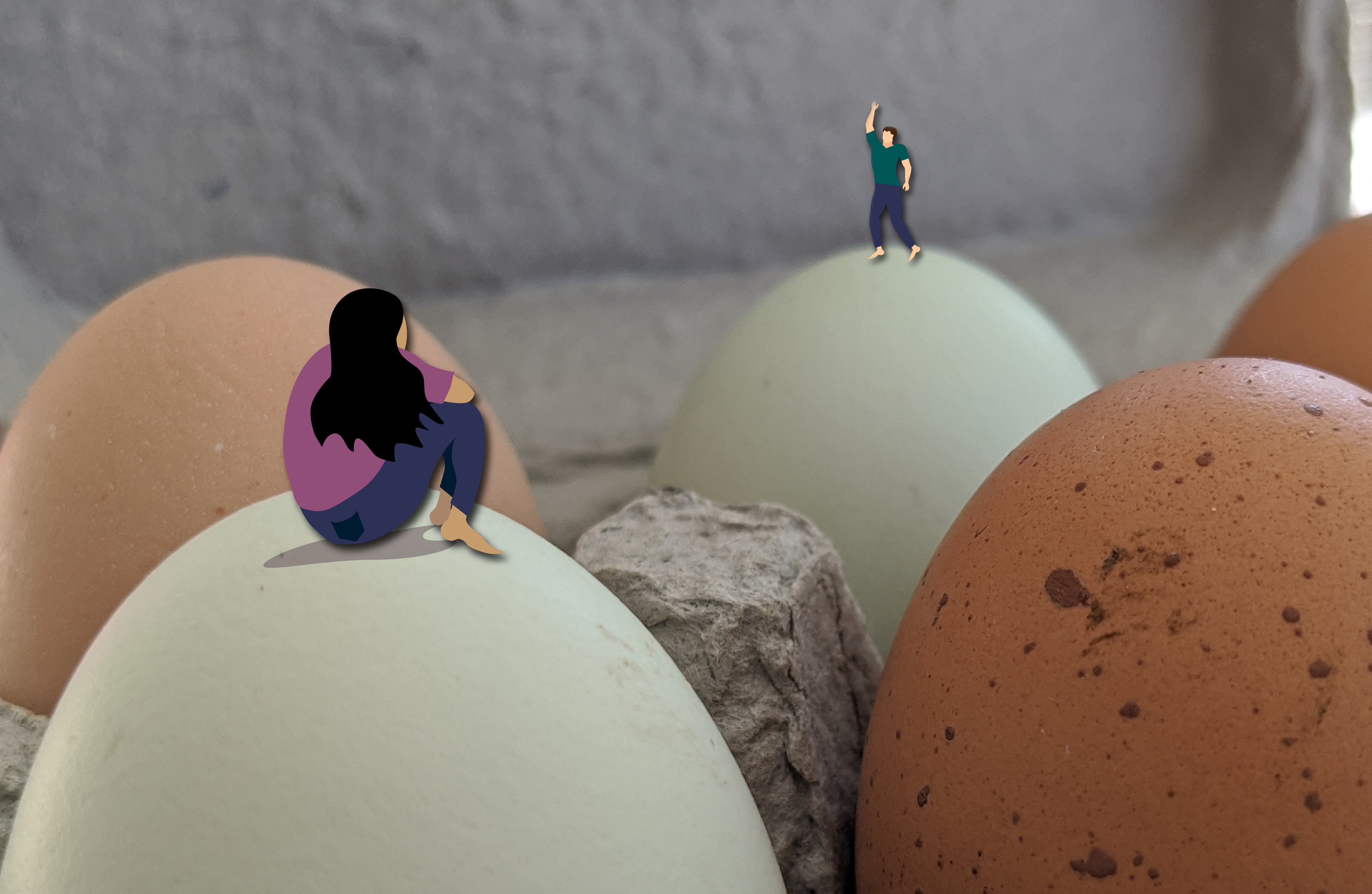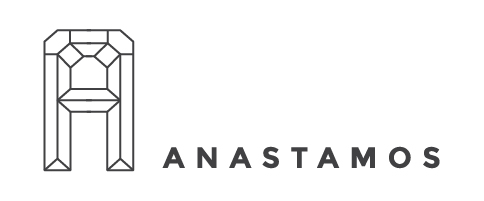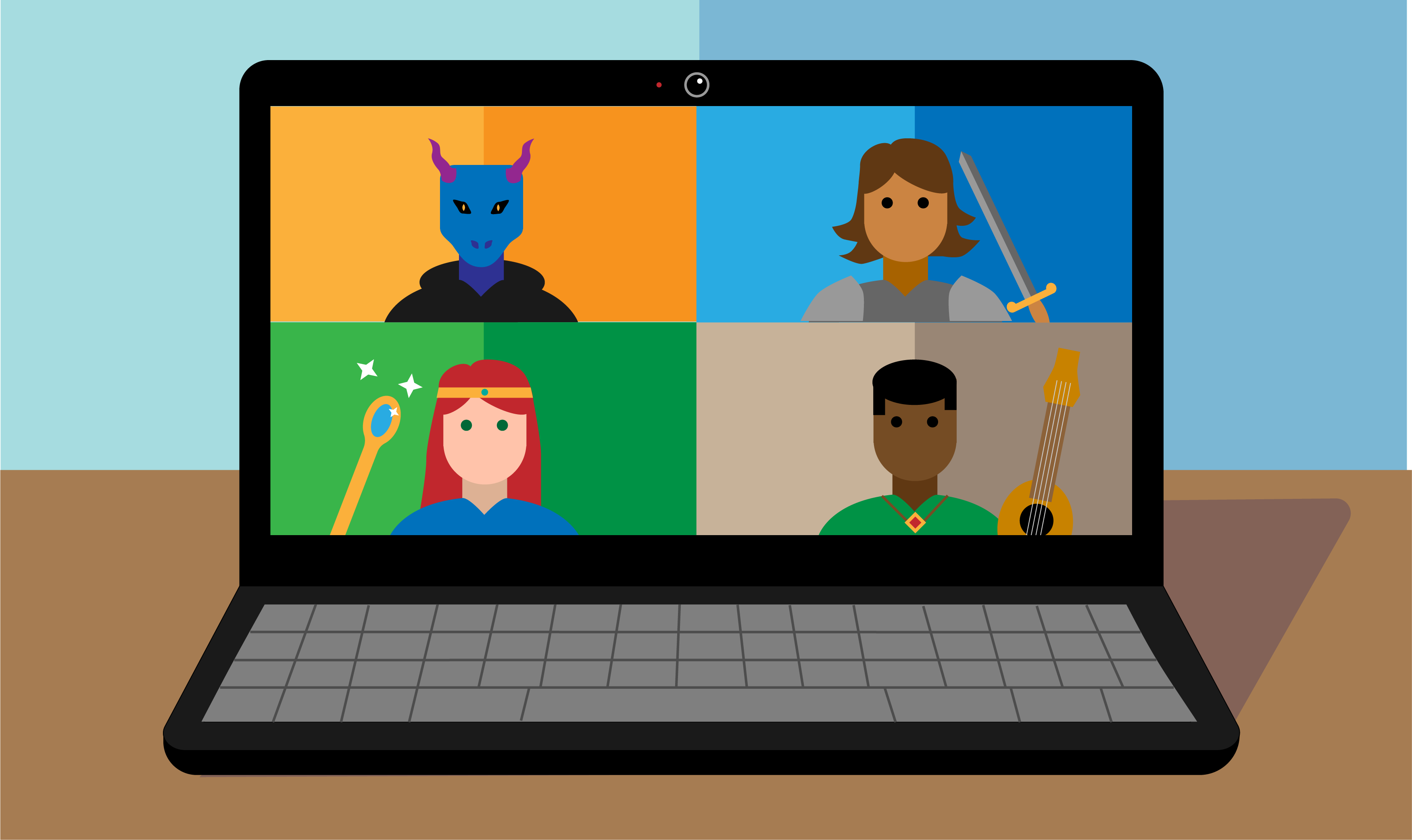
American Scarcity
I saw a man leaving the grocery store with two pallets of eggs. I texted my brother and asked him how this man could eat so many eggs before they expired. He suggested that he had a wife and ten children and that they all eat scrambled eggs for breakfast, lunch, and dinner. I doubted it. I asked my boyfriend the same question. He said the man obviously wasn’t going to be able to eat all the eggs, but people only hoard food if they believe there may not be enough the next day.
“But there is enough food,” I said, “This is scarcity from greed.”
“Not greed, fear,” he said.
I’m not sure they’re so different.
I saw the man rolling away with eggs in different versions everywhere: the toilet paper snatchers, the people clearing out Costco’s pads and tampons. Greed in the sense of gluttony obviously exists—imagine being the richest man on earth and not providing your warehouse employees health benefits or PTO—but it also trickles down into an anxiety felt by people who would otherwise be prosocial. It’s hard to let go of whatever we’re clenching if we believe no one will catch us.
If you have a serious illness, you can spend even generous savings in a week. If you lose your job, you can be evicted or default on your mortgage within a month. I feel this clenching in myself when I see the news, and I don’t immediately write a check to the food bank. Even if you’re fortunate, you’re always looking over your shoulder, seeing how far you can fall. In these circumstances, charity starts to look suspect. It doesn’t make sense to hope for generosity when we haven’t made a pact to catch each other as a nation.
When my grocery store put limits on how much we could buy, I exhaled. I know in a few weeks the milk will be back. I’m relieved and also so ashamed that an inky voice in my gut has been cuffed. The grocery store’s guard rails have spared me the moral exercise of not taking an extra bag of rice, even though I know there are people who will take ten. The social safety net not only catches people in hard times, it puts a ceiling on how much can be hoarded. This anxiety of this pandemic has convinced me that I’m ready to let go. Please raise my taxes. I’m ready to give more if I know we’ll take care of each other.
As I’ve been processing what the future can look like, I had a dream that I was cave diving on SCUBA. We were passing through a rocky tube too narrow to turn around in. I could touch the fins of the person ahead of me, and behind me, there were people who could touch mine. Sediment clouded the beams of our flashlights. Inching through on our hands and knees, it occurred to me how we were limited to the air in our tanks, how there was no turning around if the person in front of me panicked. I could panic and drown thrashing for an exit, and the people behind me would be trapped, too.
So I didn’t. One hand in front of the other, I crawled out for myself and everyone behind me. The cave widened and we swam to the open water. At the surface, we spat out our mouthpieces. We could speak again, and then our masks came down. We helped each other carry our air-tanks off the beach.
When I woke up, the crisis was still unfolding, but a tightness inside me felt loosened. We have the capacity to escape this crisis. I hope we choose to help each other out of the water.
Author and Visual Artist Biography
Paige Welsh is Anastamos’s creative director. She is pursuing an MFA in fiction. Her thesis at UC Santa Cruz won the Chancellor’s Award. You can follow her on Instagram and on Twitter @MarkthatPaige.


